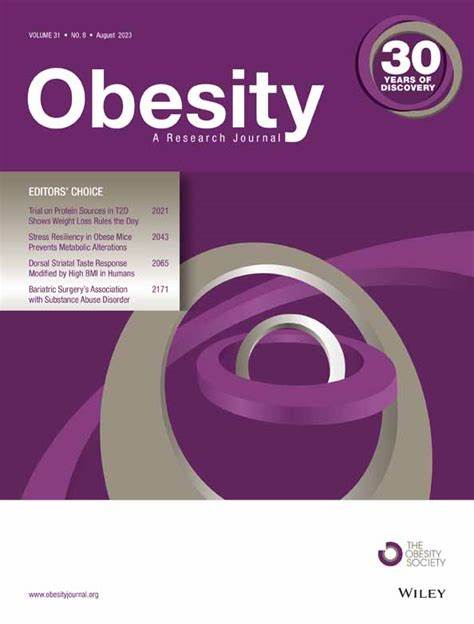Lifestyle behavioral weight-loss treatment for binge-eating disorder in patients with obesity: where's the harm?
Abstract
Objective
Although recent rigorous trials have demonstrated effectiveness of behaviorally based weight-loss treatment (BBWLT) for binge-eating disorder (BED) with coexisting obesity, concerns have been raised that such interventions are contraindicated because they might trigger or exacerbate eating disorder (ED) psychopathology. This secondary analysis of a BBWLT trial examined heterogeneity of outcomes to identify the frequency that individuals experienced increased symptoms.
Methods
One hundred ninety-one participants with BED and obesity in a 6-month BBWLT trial were assessed for binge eating, ED psychopathology, and weight at baseline, at posttreatment, and at a 12-month follow-up after treatment (i.e., 18 months after baseline). Changes were examined at the individual level to identify cases of any increased features.
Results
At posttreatment, 95.3% (n = 162) of participants reported decreased binge-eating frequency, and 87.6% (n = 149) reported decreased ED psychopathology scores. At the 12-month follow-up, 97.1% (n = 135) reported decreased binge-eating frequency, and 93.0% (n = 120) reported decreased ED psychopathology scores. Inspection of the few instances of any increases revealed mostly small magnitudes.
Conclusions
Frequency of cases with any increased symptoms of binge eating and/or ED psychopathology was quite low at posttreatment and at 1 year after ending BBWLT for BED and obesity. These participant-level findings add important clinical context regarding overall improvements with BBWLT for BED with obesity (large effect sizes) and challenge concerns that BBWLT exacerbates ED psychopathology.

 求助内容:
求助内容: 应助结果提醒方式:
应助结果提醒方式:


